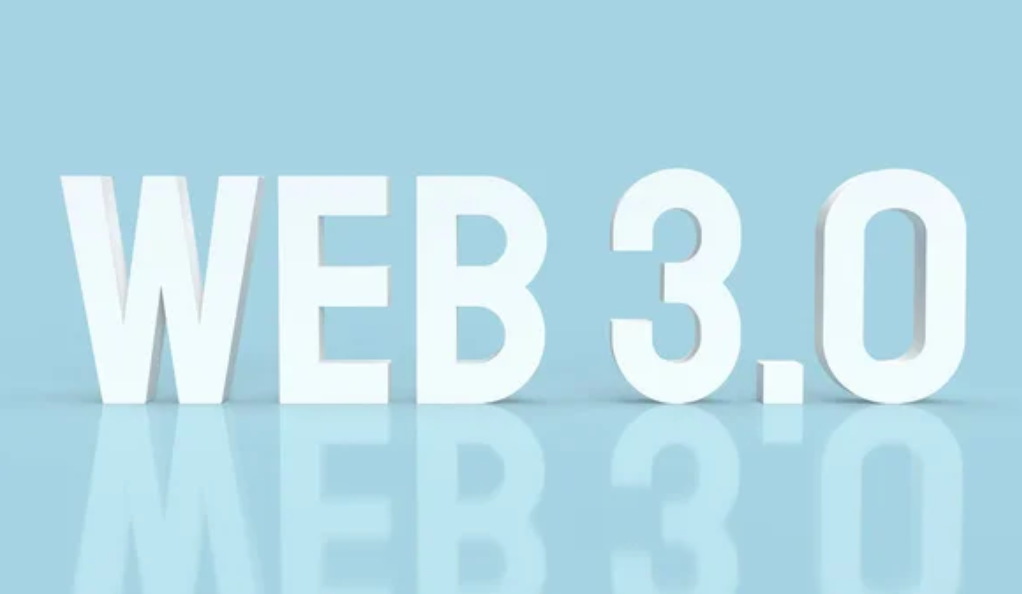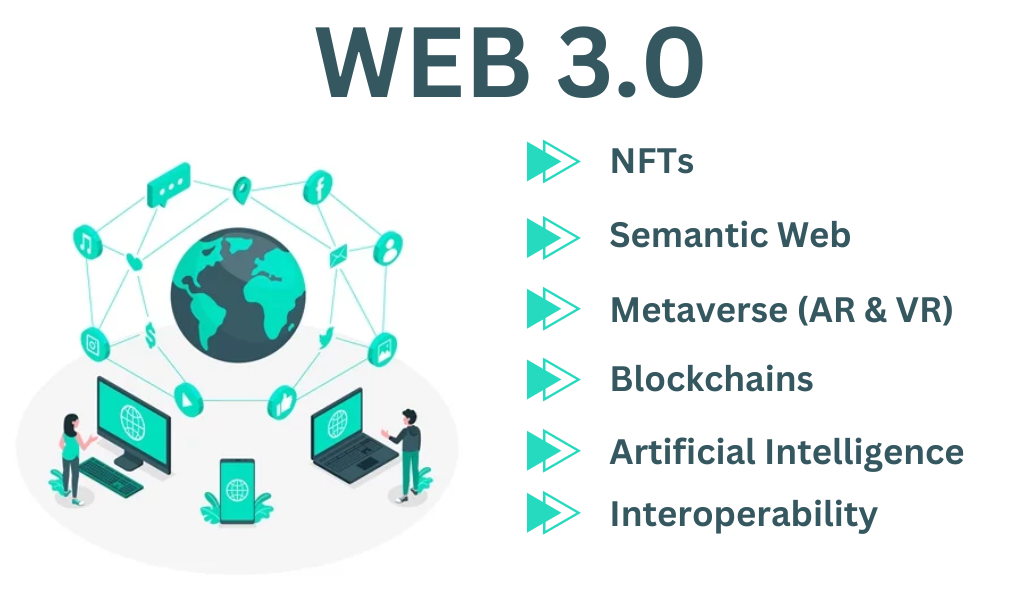
The Implications of Web 3.0 on Small Businesses
Web 3.0, also known as the Semantic Web, marks a new era in Internet technology that is set to revolutionize the way businesses operate online. It is a significant shift from Web 2.0, where businesses primarily focused on user-generated content and social media. With Web 3.0, small businesses have the opportunity to leverage advanced technologies like artificial intelligence (AI), machine learning, and blockchain to enhance their online presence, customer experience, and overall efficiency. In this article, we will explore the implications of Web 3.0 on small businesses and how they can maximize the opportunities it presents.
Understanding Web 3.0: A Game-Changer for Small Businesses
Web 3.0 is an evolution of the internet that aims to provide more intelligent and personalized experiences to users. It encompasses technologies that enable computers to understand and interpret data, making it easier for businesses to deliver relevant content and services to their target audience. For small businesses, this means improved visibility, customer engagement, and increased revenue.

One of the key aspects of Web 3.0 is AI-powered chatbots and virtual assistants. These technologies allow small businesses to provide instant and personalized customer support, even without a large customer service team. Chatbots can handle inquiries, assist with purchasing decisions, and provide recommendations, freeing up valuable time for business owners to focus on core activities.
Furthermore, Web 3.0 enables small businesses to tap into the power of blockchain technology. Blockchain offers increased security, transparency, and efficiency in transactions, making it easier for small businesses to manage their finances and engage in secure online transactions. It also opens up opportunities for decentralized marketplaces, allowing small businesses to reach a broader customer base and reduce dependence on centralized platforms.
Leveraging Web 3.0: Maximizing Opportunities for Small Enterprises
To maximize the opportunities presented by Web 3.0, small businesses need to adapt their online strategies. Firstly, they should invest in optimizing their websites to ensure compatibility with Web 3.0 technologies. This includes implementing structured data markup, which helps search engines understand the content of a website better, leading to improved search rankings and visibility.
Another crucial aspect is leveraging AI and machine learning. Small businesses can utilize these technologies to analyze customer data, personalize marketing campaigns, and predict customer behaviour. Understanding customer preferences and behaviour will enable businesses to tailor their offerings to meet their customers’ needs more effectively.
Additionally, small businesses should explore the potential of blockchain. Integrating blockchain technology into their operations can enhance trust with customers, streamline supply chains, and facilitate secure and efficient transactions. By embracing decentralized marketplaces, small businesses can expand their reach and tap into a wider customer base.
Embracing the Future of Business with Web 3.0
Web 3.0 holds immense potential for small businesses, empowering them with tools and technologies that were previously only accessible to large corporations. By embracing AI, machine learning, and blockchain, small enterprises can level the playing field and gain a competitive advantage in the digital marketplace. The implications of Web 3.0 on small businesses are vast, and it is crucial for entrepreneurs to understand and adapt to this new era of the internet. By staying informed and proactively leveraging these technologies, small businesses can unlock new opportunities for growth, innovation, and success in the ever-evolving digital landscape.
